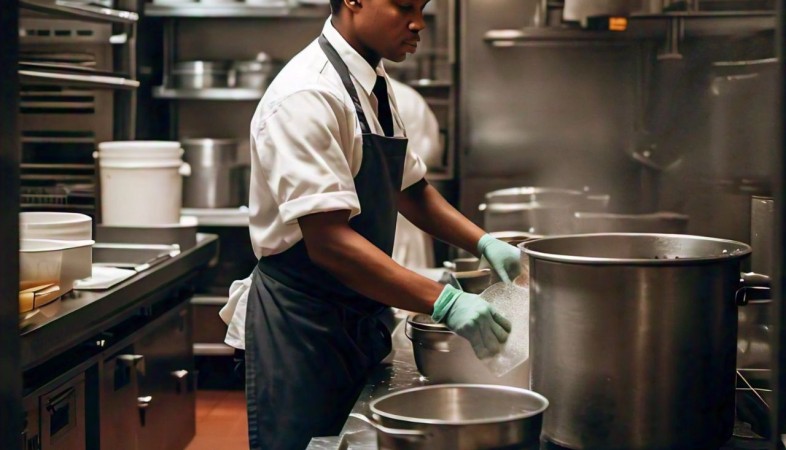SHARE
Commercials
More Posts
Apr 22, 2025
Malabar Sizzling Prawns - By Vishal Raghunath Yadav
Jun 17, 2025
Rose Petal Jam Gulab Jamun - By Chef Rajat Ranjeet
Mar 15, 2025
Rose Petal Thandai - By Chef Selva Kumar
Jun 14, 2025
Essential Skills Every Front Desk Agent Should Have
May 24, 2025
Dry Fruits Peda - By Falguni Somaiya
Mar 15, 2025
Rajesh Kumar Takes Charge as Unit Manager at Sodexo
Feb 05, 2025
Tender Coconut Shake - By Chef Falguni Somaiya
Apr 22, 2025
Malabar Sizzling Prawns - By Vishal Raghunath Yadav
Jun 17, 2025
Rose Petal Jam Gulab Jamun - By Chef Rajat Ranjeet
Mar 15, 2025
Rose Petal Thandai - By Chef Selva Kumar
Jun 14, 2025
Essential Skills Every Front Desk Agent Should Have
May 24, 2025
Dry Fruits Peda - By Falguni Somaiya
Mar 15, 2025
Rajesh Kumar Takes Charge as Unit Manager at Sodexo
Feb 05, 2025
Tender Coconut Shake - By Chef Falguni Somaiya
Apr 22, 2025
.png)




















.jpg)







